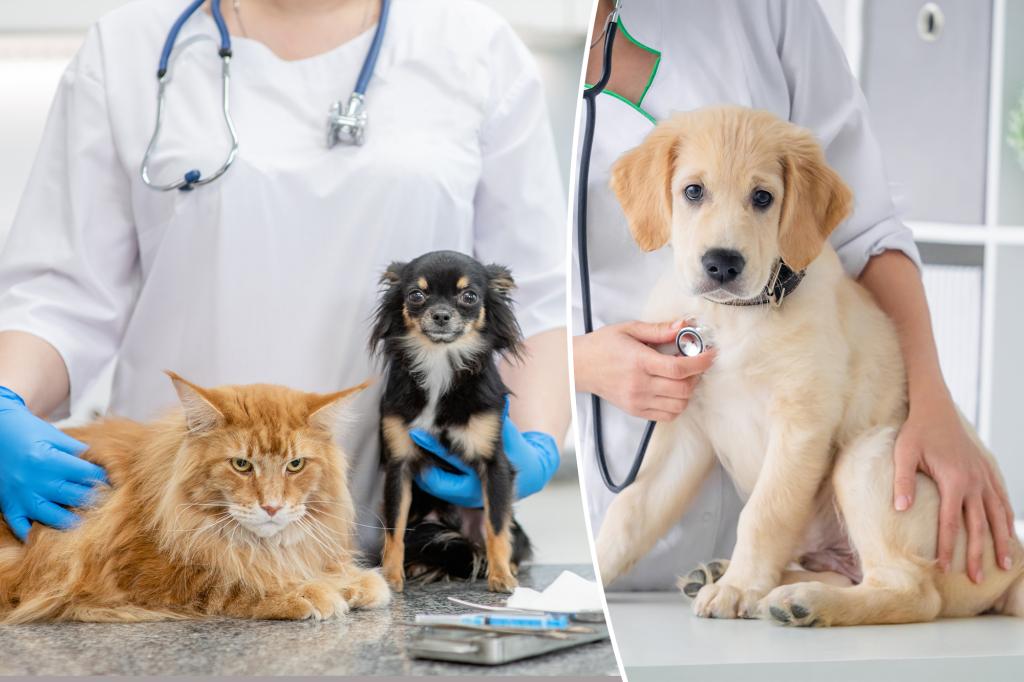The Rising Concern of Pet Vaccination Hesitancy
Pet owners today face a growing dilemma when it comes to vaccinating their furry companions. While veterinary vaccinations have long been considered essential preventive care, a surprising trend has emerged: vaccination hesitancy based on unfounded fears that these shots could cause autism in pets. According to a 2023 survey conducted by Boston University School of Public Health and published in the journal “Vaccine,” approximately 37% of dog owners believe canine vaccinations might lead to autism in their pets. The survey revealed even more concerning statistics, with more than 20% of pet owners questioning the effectiveness of pet vaccines and nearly a third (30%) doubting their necessity altogether. This hesitancy represents a significant shift in how some pet owners approach preventive care, potentially putting their animals and others at risk for preventable diseases.
Despite these growing concerns, veterinary and psychological experts are clear on one critical point: pets cannot develop autism from vaccines—or at all. Dr. Lori Kogan, a psychologist and professor of clinical sciences at Colorado State University who chairs the Human-Animal Interaction Section of the American Psychological Association, stated definitively to WebMD, “Pets don’t get autism. So that’s not something to worry about.” This sentiment is strongly echoed by Dr. Michael Q. Bailey, president of the American Veterinary Medical Association, who emphasized that there is “absolutely no scientific proof connecting any vaccine that we produce today with autism” in either humans or animals. He further clarified that this is considered settled science in the veterinary community, with extensive research demonstrating no connection between today’s vaccines and autism spectrum disorders.
While some dogs may exhibit behaviors that concerned owners might associate with autism spectrum disorder—such as social difficulties, repetitive behaviors, or sensory sensitivities—these traits are not indicative of autism in canines. The concept of canine autism remains a myth within the veterinary community, though dogs can certainly experience various behavioral issues stemming from other causes. Dr. Bailey acknowledges that hesitancy itself isn’t necessarily problematic if it leads pet owners to educate themselves properly. He encourages concerned pet parents to have open conversations with their veterinarians about vaccine safety rather than avoiding vaccinations altogether. This approach allows for informed decision-making based on scientific evidence rather than misconceptions spread through social media or word of mouth.
The rise in vaccination hesitancy appears to be occurring alongside another interesting trend in human-animal relationships—the increasing presence of pets in college environments. According to recent reports, college students are bringing their pets to campus in record numbers, particularly as emotional support animals. Dogs, cats, rabbits, guinea pigs, and other companions are now common sights in dorm rooms across the country. This development reflects the growing recognition of the emotional and psychological benefits pets can provide, especially during transitional or stressful periods of life. As recent Marist College graduate Sam Gaskins explained, “College is such a traumatic experience in the way of you’re getting ripped away from everything you knew before, being thrown in with people you don’t know—especially if you grew up with pets, being so isolated from everything you knew.” For Gaskins, having her rabbit in her dorm for three out of her four college years provided crucial emotional support during this significant life transition.
These parallel trends—vaccination hesitancy and increased reliance on pets for emotional support—highlight the evolving and sometimes contradictory nature of our relationships with companion animals. On one hand, some pet owners are questioning established veterinary practices based on misinformation, potentially compromising their pets’ health. On the other hand, many people are developing deeper emotional connections with their animals, recognizing their value as sources of comfort and stability during challenging times. This dichotomy presents a challenge for veterinary professionals, who must find ways to address misconceptions while supporting the genuine emotional bonds between humans and their animal companions.
Moving forward, addressing pet vaccination hesitancy will require concerted educational efforts from veterinary professionals, public health officials, and animal welfare organizations. Clear, accessible information about the safety and importance of pet vaccines needs to reach pet owners through trusted channels. Additionally, veterinarians might benefit from approaching concerned clients with empathy and understanding, taking time to discuss specific worries rather than dismissing them outright. By building trust and providing evidence-based information, the veterinary community can help ensure that pets receive the preventive care they need while respecting the concerns of their human caretakers. Meanwhile, the increasing presence of pets in previously pet-free environments like college campuses suggests that our society continues to develop new ways of integrating animals into our lives, recognizing their contributions to our emotional and psychological well-being.


